The world community will have to wait anxiously and watch the simmering conflict between Armenia and Azerbaijan for the next few weeks
While the global community was glued to eastern Ladakh and the South China Sea (SCS) as flashpoints that may endanger global peace due to growing Chinese belligerence, another conflict has emerged in the Caucasus region. This area lies between the Black Sea and the Caspian Sea, mainly occupied by Armenia, Azerbaijan, Georgia and parts of southern Russia. The region is the lifeline of oil supply to neighbouring countries with major pipelines passing through here. It also serves as the border between Asia and Europe.
On September 27, a long-simmering conflict in the south Caucasus once again burst into open clashes between Azerbaijan and Armenia. The cause of the ongoing battle, which soon may erupt into an all-out war since both nations have declared martial law, is the disputed enclave of Nagorno-Karabakh. The control of this enclave was ceded to Armenia in 1994 after a bloody separatist conflict.
Universally, Nagorno-Karabakh is accepted as part of Azerbaijan. Both countries have been fighting each other since then at irregular intervals. The latest provocation dates back to July this year when Armenia killed a general and other officers of Azerbaijan’s military in a missile strike, leading to a big uproar in Baku which swore to take revenge soon. Azerbaijan was buoyed by the immediate Turkish offer to prepare for the response.
Nagorno-Karabakh proper has an area of about 4,400 square kilometres but Armenian forces occupy large swathes of the adjacent territory. Long-simmering tensions between majority Christian Armenians seeking union with Armenia and mostly Muslim Azeris began boiling over as the Soviet Union began to disintegrate in its final years. The USSR collapsed in 1991 and the republics became independent nations. In late 1991, a majority of Armenian inhabitants declared independence from Azerbaijan with Armenia’s support. It led to the emergence of the Republic of Artsakh, which to date remains unrecognised.
The efforts of Azerbaijan to reimpose its authority led to a fight for ownership, soon converting into the bloodiest war between the two neighbours. The war saw atrocities on both sides. A 1994 ceasefire left Armenian and Azerbaijani forces facing each other across a demilitarised zone, where clashes are frequently reported. The region has since been under the control of Armenian forces, though it is still internationally recognised as part of Azerbaijan, as stated earlier. International mediation, including United Nations resolutions, have failed to resolve the crisis.
The new flashpoint has one thing in common to the other two, and that is the expansionist ambitions of another ultra-nationalist leader, the Turkish President, Recep Tayyip Erdogan. Ever since his ascendancy to power, he has embroiled Turkey militarily in neighbouring countries like Iraq, Syria and Libya, including the eastern Mediterranean region. He is on the opposite side of Russia in both Syria and Libya, leading to regional rivalry. Turkey is also pressing territorial claims in disputes with Greece and Cyprus, thus creating alarm among its North Atlantic Treaty Organisation (NATO) allies. It has a powerful military, which has also led Erdogan to view himself as the future leader of the Muslim world, displacing the traditional royal house of Saud. This is just like Chinese President Xi Jinping, who is dreaming to be the world leader replacing the US President. Erdogan is also preparing a non-Arab Muslim alliance with the active connivance of Pakistan. His growing assertiveness in the region has changed his nation’s power dynamics.
While all other nations like India, China, the US, France, Iran and the European Union (EU) have asked both countries to refrain from a full-fledged war and return to the negotiating table to resolve the issue through dialogue, Turkey and Pakistan have offered open support to Azerbaijan and egged it on to liberate the disputed enclave from Armenian control.
French President Emmanuel Macron has warned Turkey to refrain from sending jihadists as mercenaries to the troubled area. It has also been reported that Pakistan has already sent Al Qaeda and Taliban jihadists to the area along with one unit of regular soldiers. Pakistan, which is already known as the fountainhead of terror, wants to convert this region into another epicentre of jihadist terror like Afghanistan. The majority jihadists, despite being Sunnis, are willing to fight alongside the Shiite Azeris against Armenians because they consider it as a holy war between the Muslims and the Christians. While Vatican has also called for restraint, both Pakistan and Turkey are encouraging Azerbaijan to continue the fight and have expressed their solidarity towards Muslim brotherhood. Pakistan is also keen to develop the area into another zone of Muslim liberation like Palestine and Kashmir. Whether this has the covert support of China is not yet clear but both Turkey and Pakistan enjoy good relations with each other.
The geopolitics of the region is very complicated. Turkey and Pakistan have military alliances with Azerbaijan, while Armenia has a similar treaty with Russia, which has a military base in Armenia. Russia also enjoys good relations with Azerbaijan and is its major arms supplier. Russia, France and the US jointly chair the Minsk Group, which was founded in 1992 by the Conference on Security and Cooperation in Europe, now known as the Organisation for Security and Cooperation in Europe (OSCE) to try and find a peaceful solution to the Nagorno-Karabakh conflict. All the three nations have close ties with Armenia. Turkey, being an important NATO member, has caused an imminent crack in the organisation with France and the US inclined towards Armenia.
Armenia has responded to the peace call by the Minsk Group but Azerbaijan’s response is not yet known. Israel is an arms supplier to Azerbaijan but with Turkey openly supporting Azerbaijan and its newly-formed ties with Muslim nations in the Middle East, it has put Israel in a Catch-22 situation. Iran shares borders and is also friendly with both the nations. But in case of a religious war, it would have to decide to support Azerbaijan or stay neutral.
With global terror outfits moving into the area and more Muslim countries backing Azerbaijan, the situation is getting polarised. India, too, has a stake in the region. The North-South Corridor linking Mumbai to Moscow via Chabahar passes through Azerbaijan. India will not like the region to become another jihadist terror hub.
Outright war could put key pipelines at risk. Any direct involvement by Turkey will push Russia into the war. France has already warned Turkey. A direct attack on Armenia would invoke its defence pact with Russia and draw it into the conflict. In case of a Muslim versus Christian fight, many countries, including the EU, are likely to join, splitting the NATO. This would have repercussions beyond the region as well. If China decides to join its friends, Pakistan and Turkey, it may lead to a Third World War. But with China tied down in a confrontation with India and US-backed Taiwan, it is less likely.The world will have to wait anxiously and watch the happenings of the next two-three weeks to determine if 2020 will end peacefully or not. Yes, world peace is at stake.
(The author is a Jammu-based security and strategic analyst)







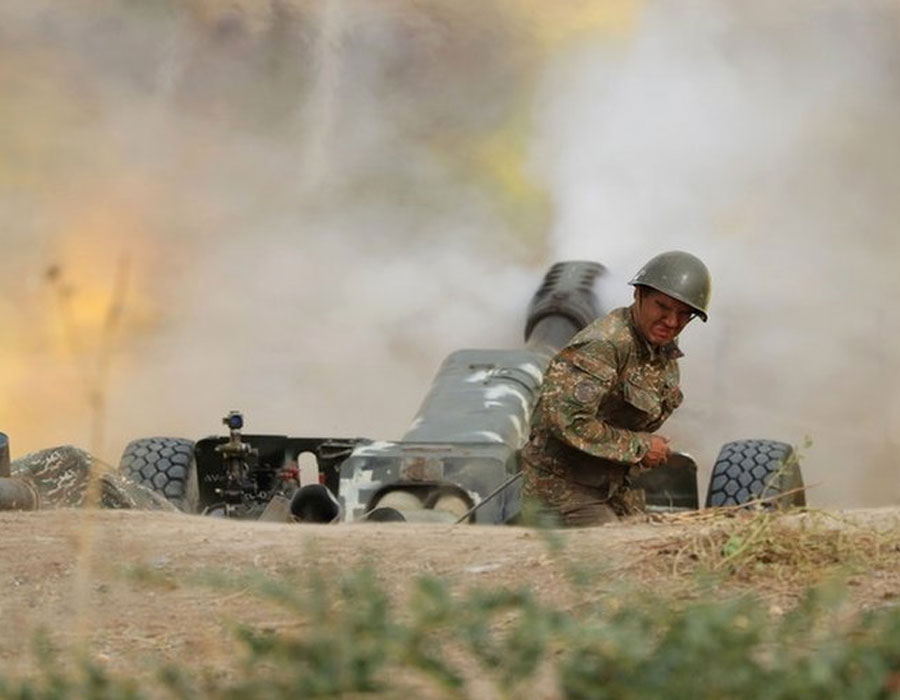
 OpinionExpress.In
OpinionExpress.In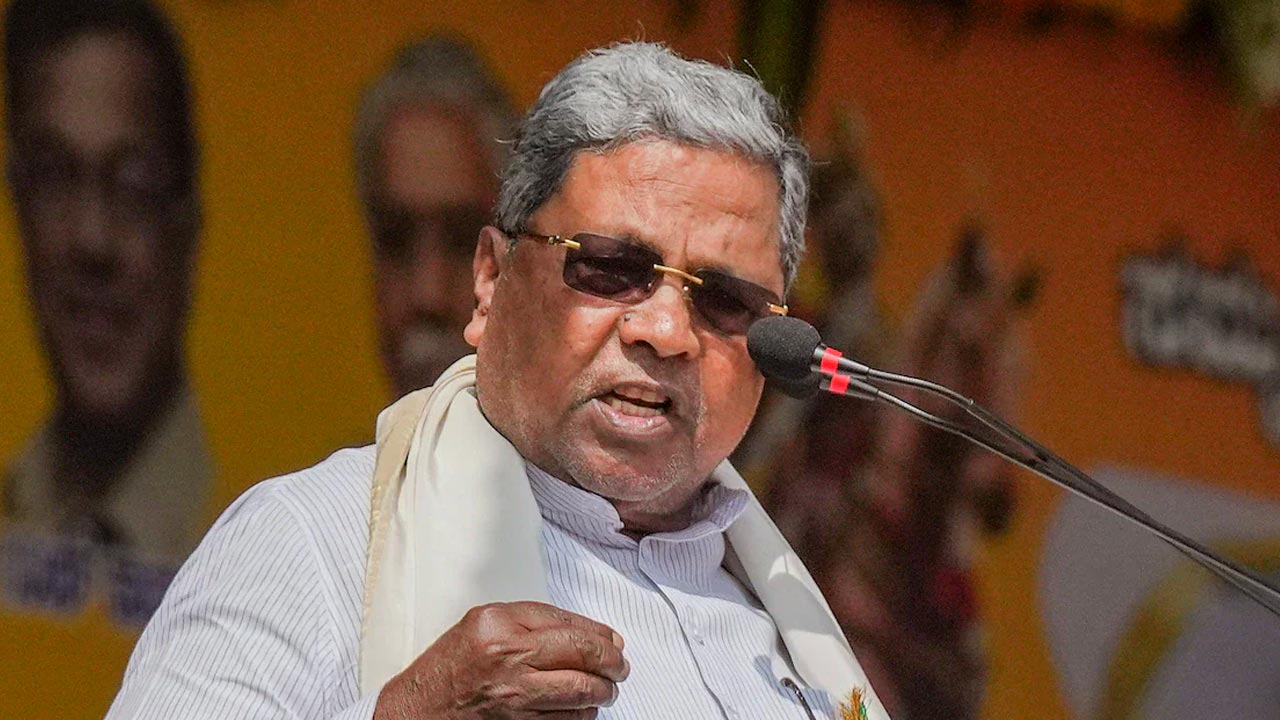
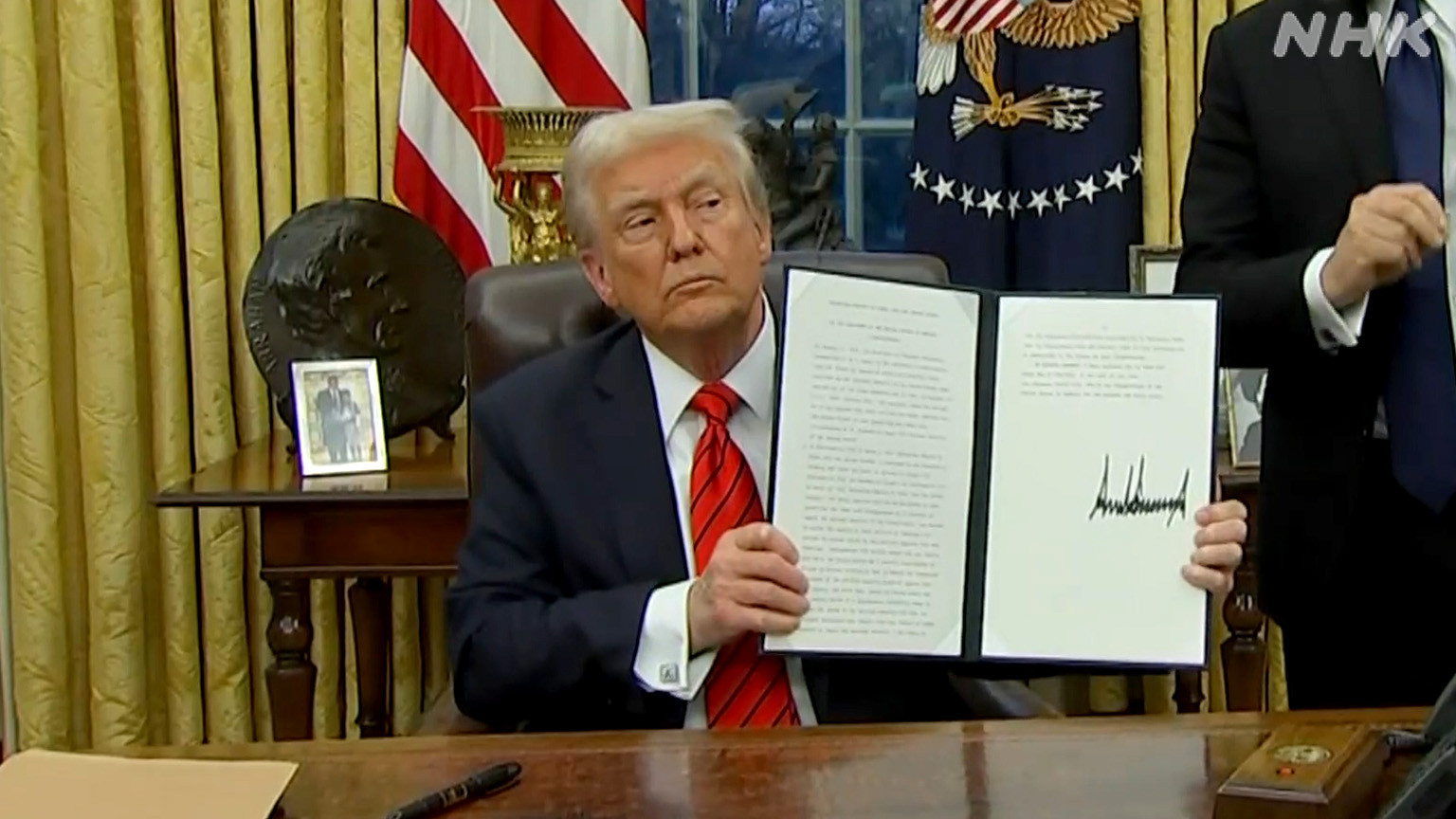
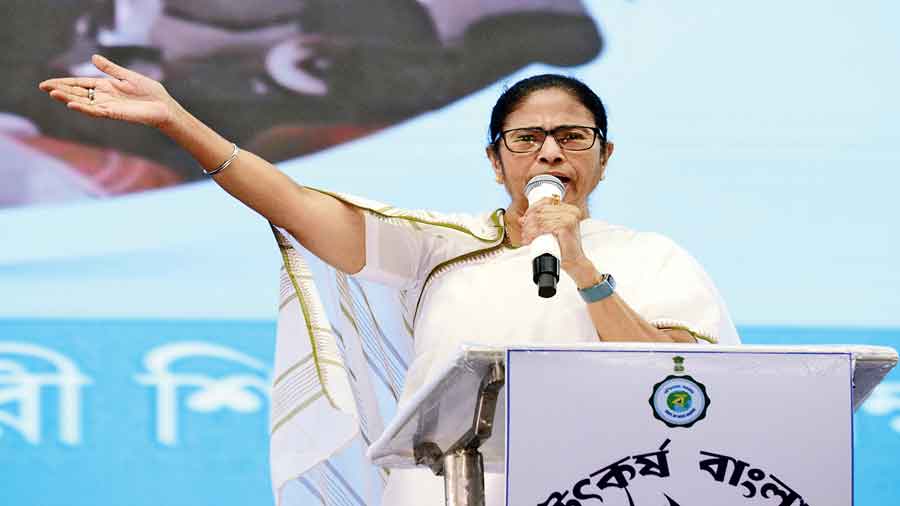
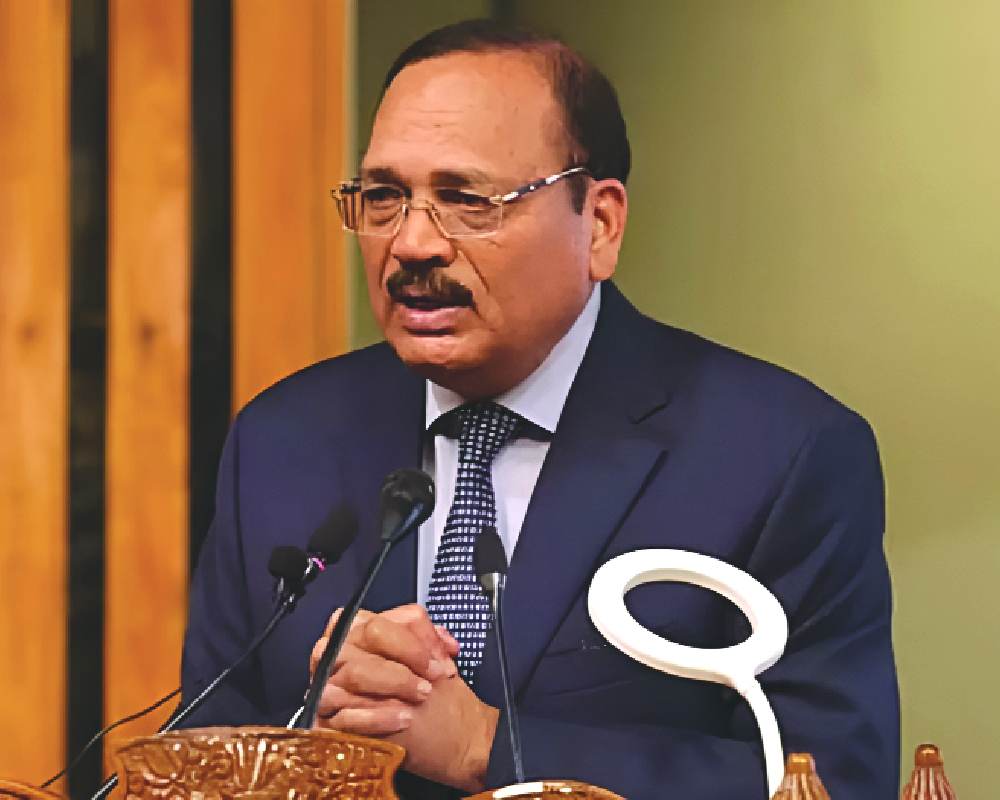
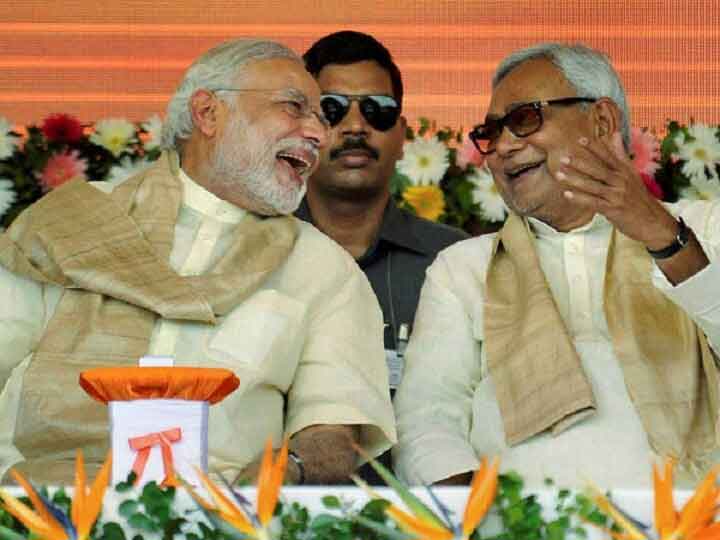
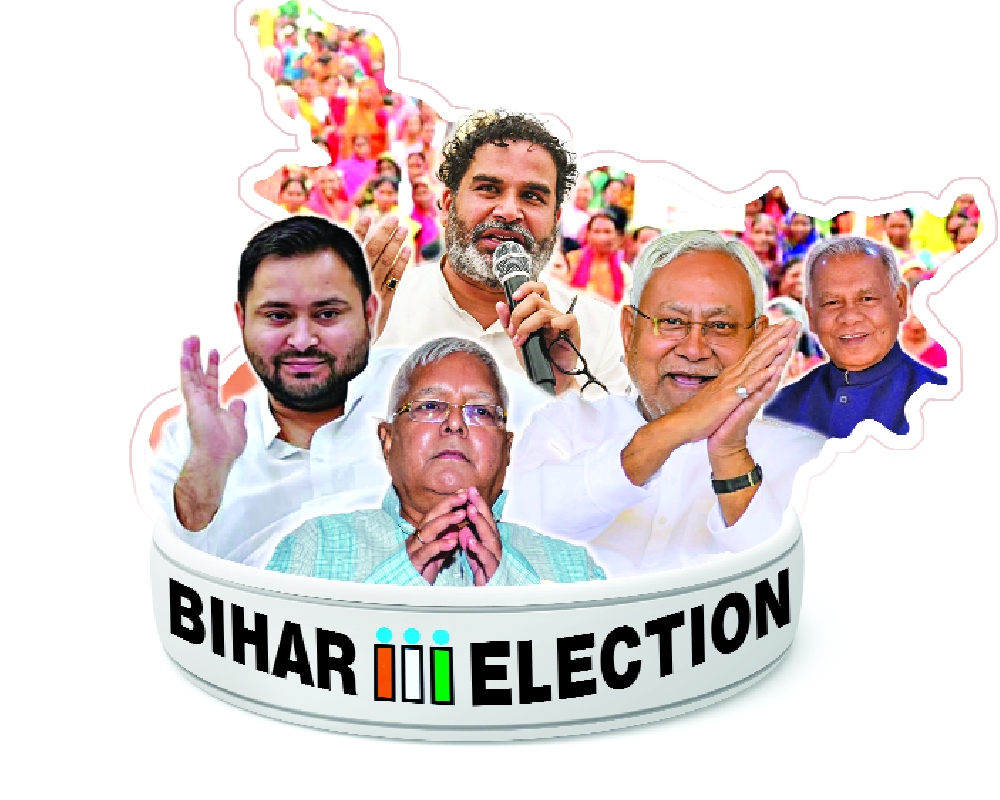
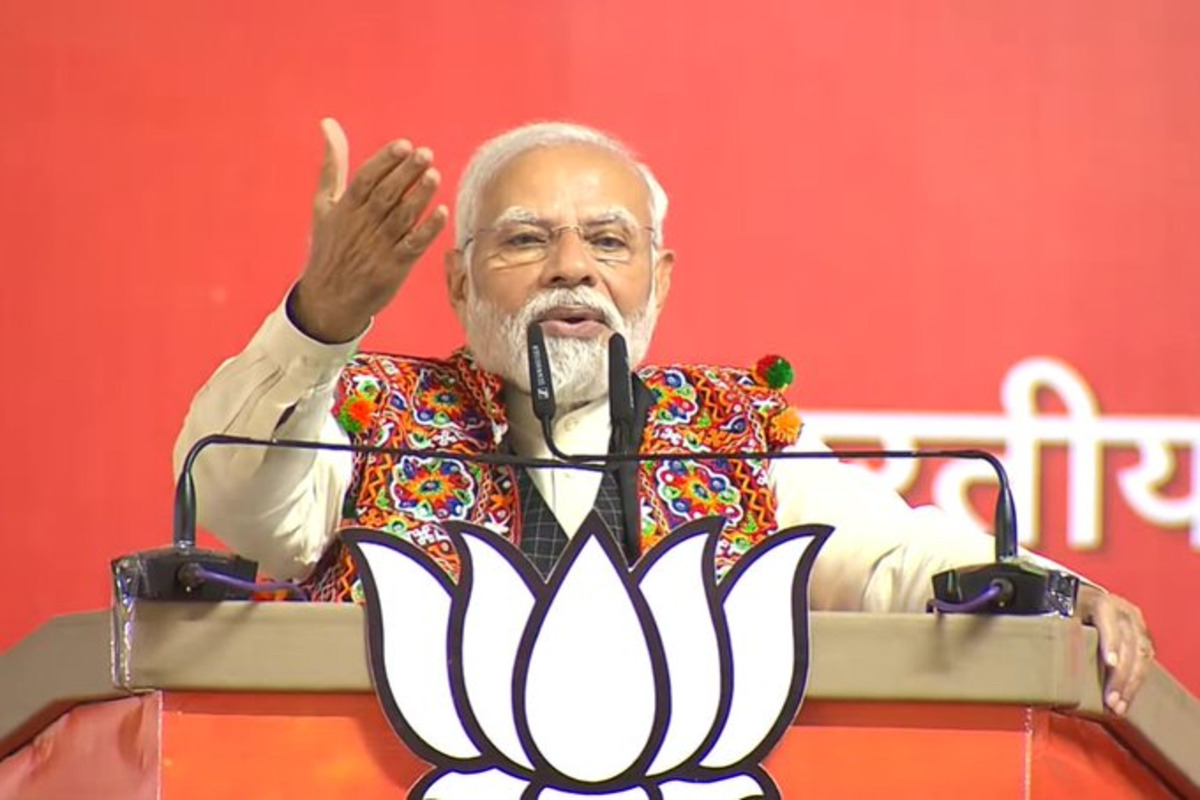

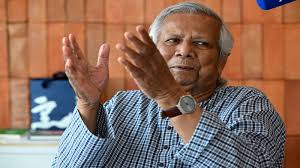
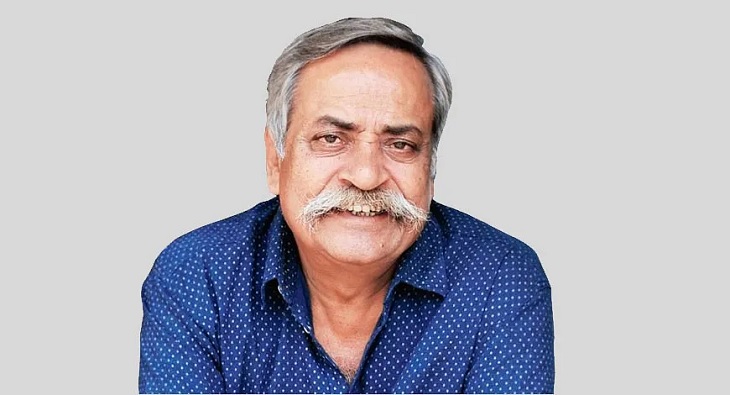






Comments (0)